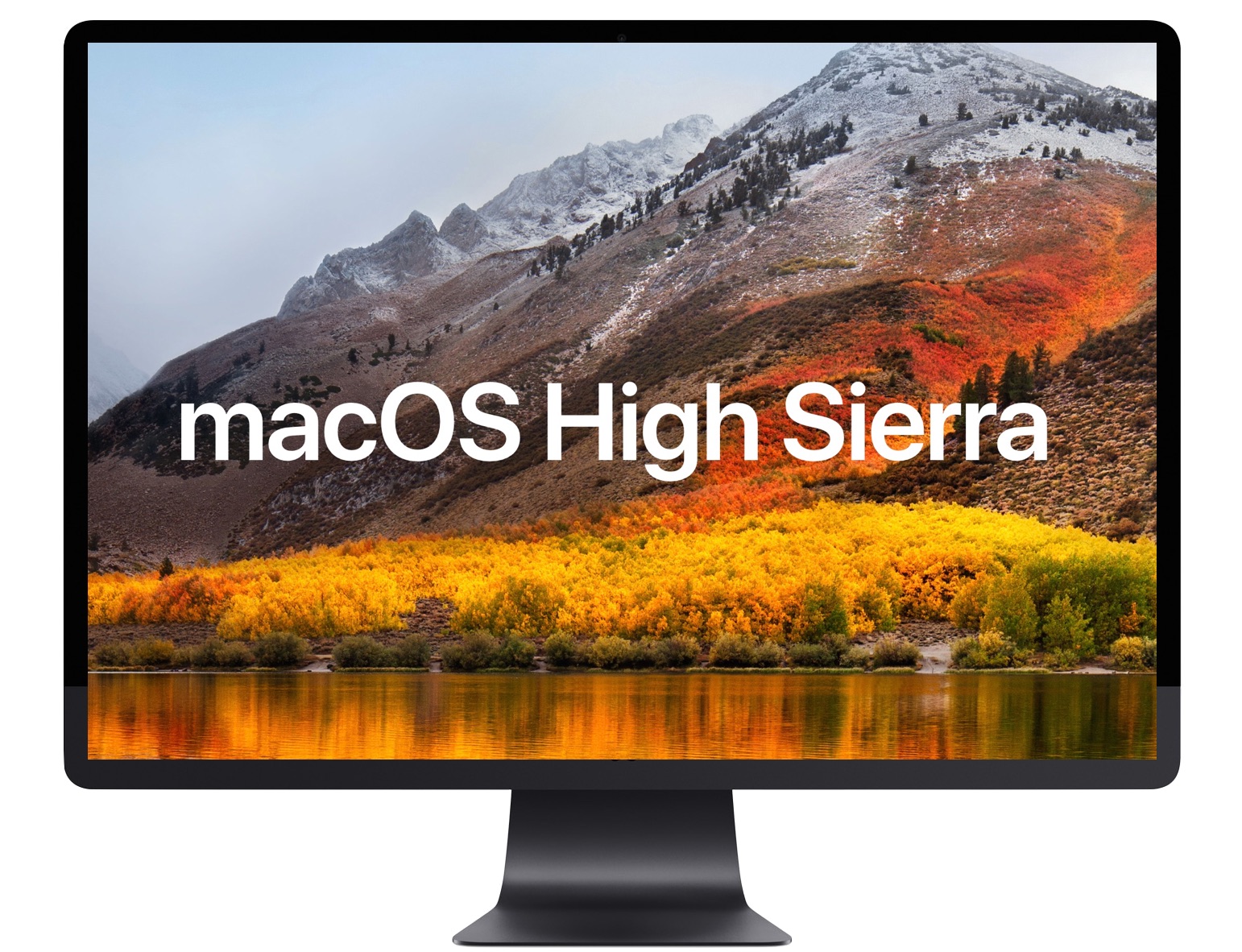Mac OS X comes with Python 2.7 out of the box.

You do not need to install or configure anything else to use Python 2. Theseinstructions document the installation of Python 3.
Xcode is Apple's integrated development environment (IDE) for macOS, used to develop software for macOS, iOS, iPadOS, watchOS, and tvOS.It was first released in 2003; the latest stable release is version 12.4, released on January 26, 2021, and is available via the Mac App Store free of charge for macOS Big Sur users. A library of over 125,000 free and free-to-try software applications for Mac OS. MacOS 10.12 or later. Full-featured and comprehensive. Latest macOS Sierra/High Sierra-compatible driver for devices using the CH340G, CH34G or CH34X chipset.This chipset is used in several Arduino-compatible clones and serial-to-USB cables. If you have an earlier release of Mac OS X, you may download the latest version of Xcode for Mac OS X 10.5 (Xcode 3.0 and Xcode 3.1 Developer Tools) or 10.4 (Xcode 2.4.1 and Xcode 2.5 Developer Tools) from the Apple developer website. This guide is geared towards MacOS 10.13 High Sierra, 10.12 Sierra, OS X 10.11 El Capitan, OS X 10.10 Yosemite, and Mac OS X 10.9, and newer releases. Mac users running prior versions of OS X can continue to directly install Command Line Tools and gcc (without Xcode) through a package installer available through the Apple Developer website as.
The version of Python that ships with OS X is great for learning, but it’s notgood for development. The version shipped with OS X may be out of date from theofficial current Python release,which is considered the stable production version.
Doing it Right¶
Let’s install a real version of Python.
Before installing Python, you’ll need to install GCC. GCC can be obtainedby downloading Xcode, the smallerCommand Line Tools (must have anApple account) or the even smaller OSX-GCC-Installerpackage.
Note
If you already have Xcode installed, do not install OSX-GCC-Installer.In combination, the software can cause issues that are difficult todiagnose.
Note
If you perform a fresh install of Xcode, you will also need to add thecommandline tools by running xcode-select--install on the terminal.
While OS X comes with a large number of Unix utilities, those familiar withLinux systems will notice one key component missing: a package manager.Homebrew fills this void.
To install Homebrew, open Terminal oryour favorite OS X terminal emulator and run
The script will explain what changes it will make and prompt you before theinstallation begins.Once you’ve installed Homebrew, insert the Homebrew directory at the topof your PATH environment variable. You can do this by adding the followingline at the bottom of your ~/.profile file
If you have OS X 10.12 (Sierra) or older use this line instead
Now, we can install Python 3:
This will take a minute or two.
Pip¶
Homebrew installs pip pointing to the Homebrew’d Python 3 for you.
Working with Python 3¶
At this point, you have the system Python 2.7 available, potentially theHomebrew version of Python 2 installed, and the Homebrewversion of Python 3 as well.
will launch the Homebrew-installed Python 3 interpreter.
will launch the Homebrew-installed Python 2 interpreter (if any).
will launch the Homebrew-installed Python 3 interpreter.
If the Homebrew version of Python 2 is installed then pip2 will point to Python 2.If the Homebrew version of Python 3 is installed then pip will point to Python 3.
The rest of the guide will assume that python references Python 3.
Pipenv & Virtual Environments¶
Xcode For Mac Os 10.12

The next step is to install Pipenv, so you can install dependencies and manage virtual environments.
Xcode For Mac Os 10.12.6
A Virtual Environment is a tool to keep the dependencies required by different projectsin separate places, by creating virtual Python environments for them. It solves the“Project X depends on version 1.x but, Project Y needs 4.x” dilemma, and keepsyour global site-packages directory clean and manageable.
Xcode For Macos 10.12.6
For example, you can work on a project which requires Django 1.10 while alsomaintaining a project which requires Django 1.8.
So, onward! To the Pipenv & Virtual Environments docs!
This page is a remixed version of another guide,which is available under the same license.
